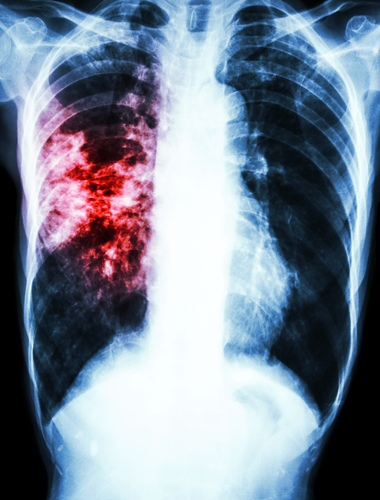Esbriet Now FDA-Approved for Idiopathic Pulmonary Fibrosis

 Earlier this month, a second province in Canada finally approved novel pulmonary fibrosis drug Esbriet (pirfenidone) for public funding, which is a giant leap towards improving the lives of thousands of individuals living with idiopathic pulmonary fibrosis (IPF). Yesterday, the US Food and Drug Administration followed suit and granted final marketing approval for Esbriet, making it one of the very few treatment options available to those battling this rare and fatal disease.
Earlier this month, a second province in Canada finally approved novel pulmonary fibrosis drug Esbriet (pirfenidone) for public funding, which is a giant leap towards improving the lives of thousands of individuals living with idiopathic pulmonary fibrosis (IPF). Yesterday, the US Food and Drug Administration followed suit and granted final marketing approval for Esbriet, making it one of the very few treatment options available to those battling this rare and fatal disease.
IPF causes spontaneous scarring of lung tissue or fibrosis, leading to a steady and oftentimes rapid decline in lung function. While there is still no known cure, patients usually undergo oxygen therapy and pulmonary rehabilitation. Some hope for a lung transplant. The most common cause of death in patients with IPF is respiratory failure, and the average survival rate has been observed to be 3 to 5 years from diagnosis. Most IPF patients die of lung failure while waiting for a lung donor.
Thanks to Esbriet, a breakthrough drug from California-based InterMune, Inc., fibrosis and resulting decline in lung function in IPF patients can be hindered, and can help restore quality of life. The drug’s original goal date was set at November 23, 2014, but because the FDA had granted it a Fast Track status and designated it as an orphan product, it is now closer to improving IPF patients’ lives nationwide.
[adrotate group=”3″]
All three of Esbriet’s clinical trials involving 1,247 IPF patients showed impressive safety, tolerance, and efficacy as measured by significantly reduced loss of lung function by nearly 50%, and decline in the 6-minute walk distance (6MWD) test by 27.5%. When data from several studies were gathered and cross-examined, the drug was noted to reduce all-cause mortality by 48% compared to those who were on a placebo.
This drug is not recommended to individuals with serious liver and kidney problems, and may cause photosensitivity. Common side effects include upset stomach and discomfort, upper respiratory tract infections, fatigue, headache, difficulty sleeping or staying asleep, weight loss, and joint pains. Patients on Esbriet are advised to wear sun protection and take the medication with food or on a full stomach to avoid abdominal discomfort.
The FDA has also approved Boehringer Ingelheim’s OFEV® (nintedanib) as a treatment for IPF.







